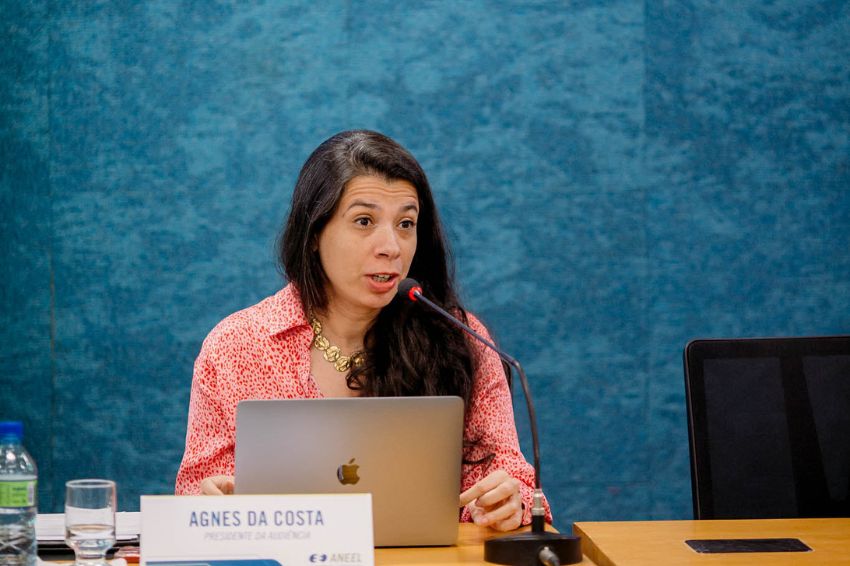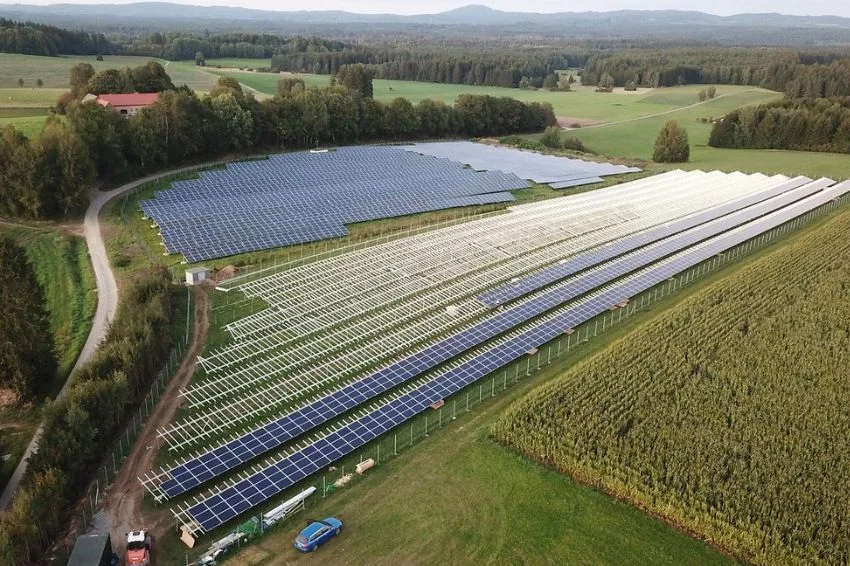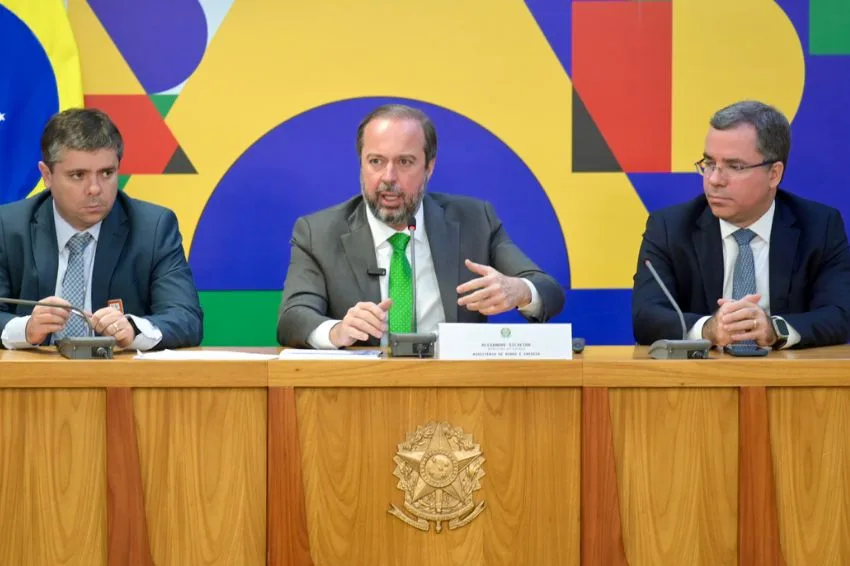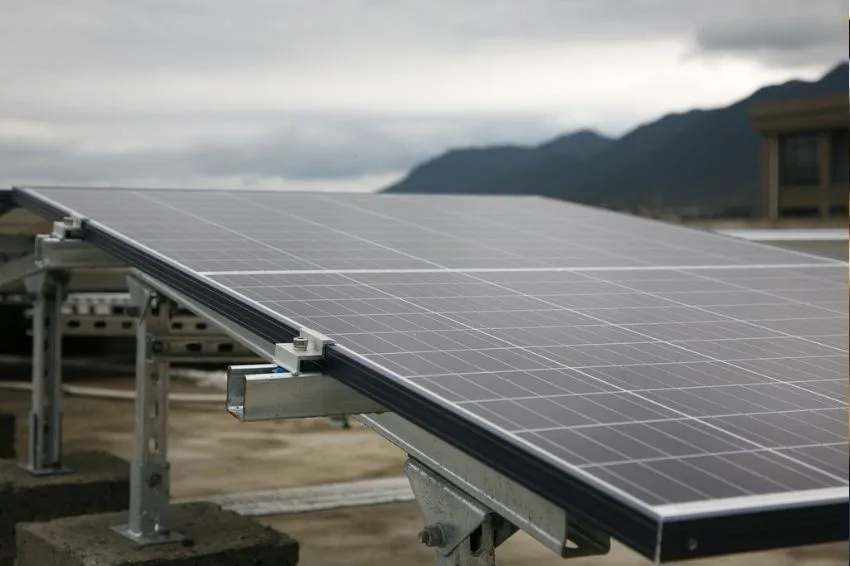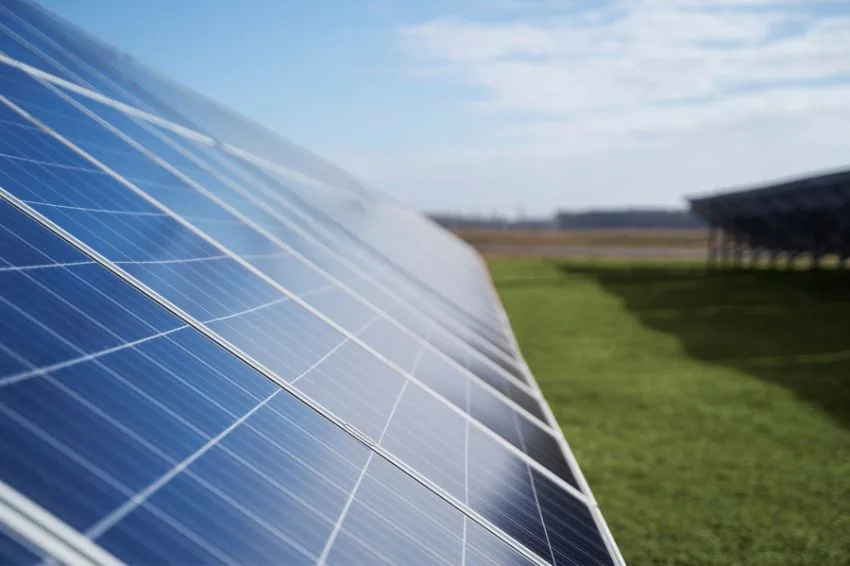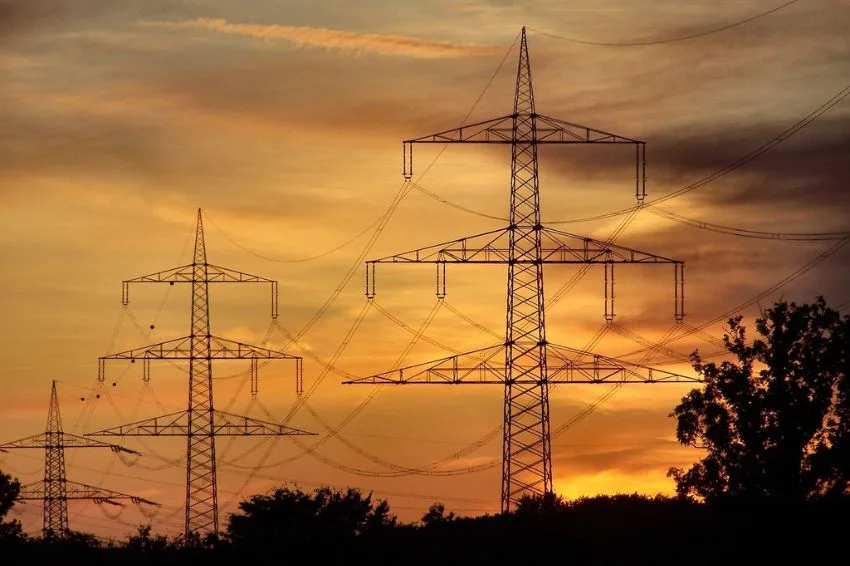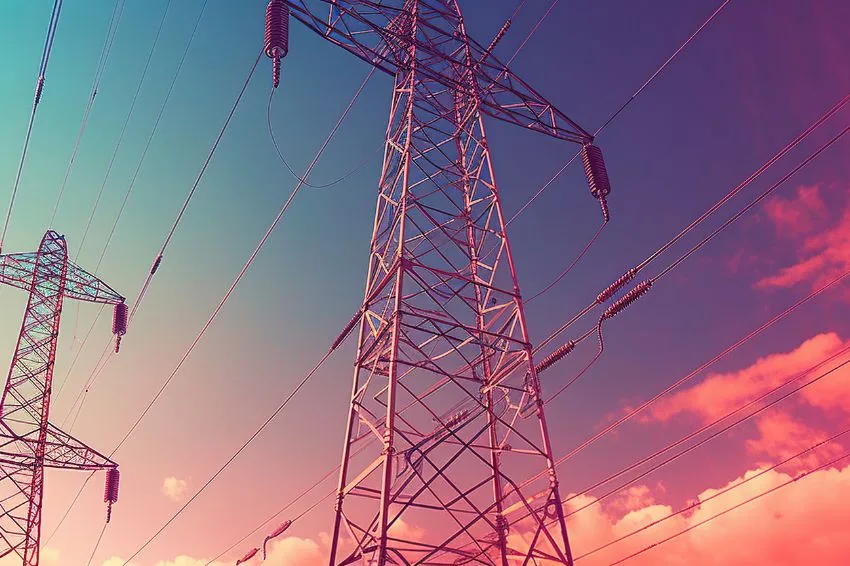The Energy Development Account (CDE) budget reached R$ 34.99 billion in 2023. This year's figure is 9.3% higher compared to 2022, when the budget reached R$ 32 billion. The amounts were approved by the board of directors of the National Electric Energy Agency (ANEEL) last Tuesday (07).
The CDE is a sectoral fund that concentrates most of the subsidies that impact the electricity sector. CDE costs are defined by laws and the Agency is responsible for regulating the transfer of the amount paid by consumers in the electricity tariff.
The CDE budget for 2023 includes the 2023 Fuel Consumption Account (CCC) Annual Cost Plan (PAC) worth R$ 12 billion; the Administrative, Financial and Tax Costs (CAFT) of the Electricity Trading Chamber (CCEE) with the financial management of sectoral funds, in the amount of R$ 8.89 million; the annual CDE-Use quotas, to be paid by energy distribution and transmission agents, in the total amount of R$ 28.87 billion; and the forecasts for the other uses and funds of the CDE defined in art. 13 of Law 10,438/2002
In relation to the CDE values in 2022, of R$ 32 billion, the increase observed is mainly related to the inclusion of subsidy items for distributed micro and minigeneration, according to Law No. 14,300/2022, in the amount of R$ 702 million; and compensation to captive consumers associated with the discounting of physical guarantee contracts (CCGFs) introduced by Law No. 14,182/2021, which deals with the privatization of Eletrobras, in the amount of R$ 620 million.
These two expenses have a specific source of funding: the first will be covered by CDE-GD collections from captive consumers, and the second will be covered by annual contributions to be made by Eletrobras.
For the director of ANEEL, Agnes da Costa, rapporteur on the topic, although the importance of the supported public policies is undeniable, the proportion that subsidies have reached over the years, burdening the electricity consumer, is worrying:
“Considering that CDE’s expenses and revenues are created, altered and extinguished by Law, I can only echo the speakers at Public Hearing No. 20/2022. They drew attention to the relevance and urgency of reassessing the relevance of CDE expenses by those who, unlike ANEEL, have the competence to promote legislative changes”, highlighted the director.
The CDE is paid by all electricity consumers through the tariff. It finances tariff discounts (e.g. social tariff, incentivized sources, irrigation), transfers for the generation of electrical energy in isolated systems and mineral coal generation plants, in addition to the universalization of electrical energy services (Programa Luz para Todos – PLpT and Mais Luz Amazônia – MLA). Also included in the account are subsidies to reduce tariffs for public distribution service licensees (cooperatives) and small distributors.


